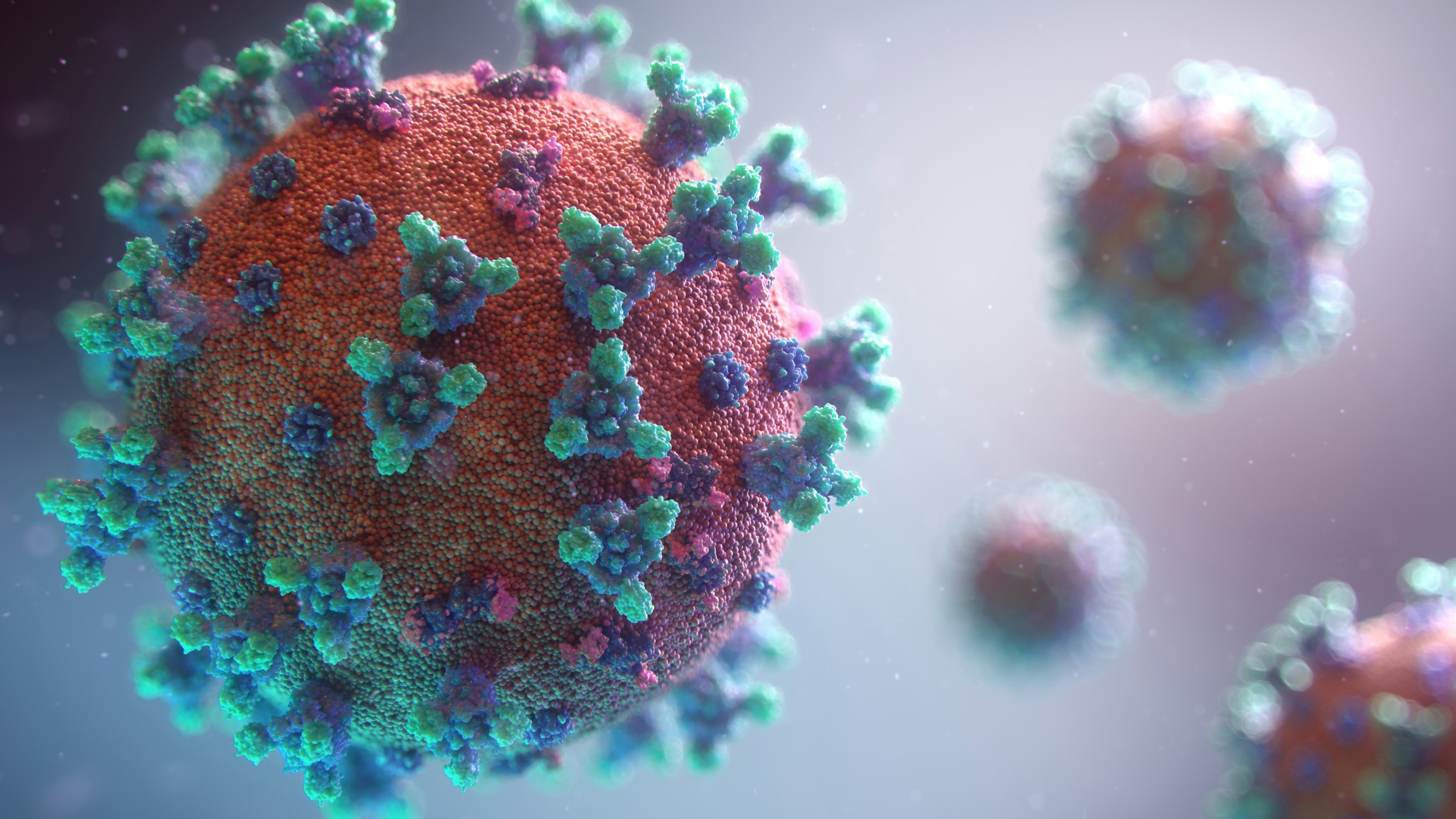The Patient’s Role in Autoimmune Disorders: Taking Control of Your Health
Autoimmune disorders occur when the body’s immune system mistakenly attacks healthy tissues. While medical treatments can help manage symptoms, a significant part of healing depends on the patient’s role in recovery. Understanding how your daily choices impact your condition can empower you to regain control of your health.
Understanding Autoimmune Disorders
Autoimmune diseases, such as rheumatoid arthritis, lupus, and ankylosing spondylitis, stem from an overactive immune response. While genetics play a role, lifestyle factors often trigger or worsen these conditions. Recognizing this empowers patients to make changes that support healing.
Key Roles Patients Play in Managing Autoimmune Disorders
1. Following the Treatment Plan with Discipline
Doctors provide a treatment plan based on years of experience, but its success depends on patient adherence. Whether it’s medications, dietary recommendations, or lifestyle modifications, following the plan consistently is crucial for improvement.
2. Managing Stress Effectively
Chronic stress is a well-known trigger for autoimmune conditions. Practicing mindfulness, meditation, deep breathing, or yoga can help regulate the immune response and prevent flare-ups.
3. Maintaining a Healthy Diet
Food can either fuel inflammation or help reduce it. Patients should focus on an anti-inflammatory diet rich in whole foods, fresh vegetables, and healthy fats while avoiding processed foods, refined sugar, and inflammatory triggers like gluten and dairy (if sensitive).
4. Prioritizing Gut Health
The gut plays a significant role in immune function. Healing the gut lining with probiotics, fiber-rich foods, and proper hydration can positively impact autoimmune conditions.
5. Staying Physically Active
Exercise should be adapted to individual capacity but is essential for maintaining mobility, reducing stiffness, and supporting overall well-being. Low-impact activities like walking, swimming, or yoga can be beneficial.
6. Having a Positive Mindset
A strong belief in the possibility of healing is as important as any medicine. Negative thoughts can increase stress hormones, worsening inflammation, while a hopeful mindset encourages recovery.
7. Avoiding Triggers
Patients must identify and avoid personal triggers such as certain foods, toxins, infections, or climate conditions that exacerbate symptoms.
8. Being Honest with Your Doctor
Open communication about symptoms, struggles, and lifestyle habits ensures better treatment adjustments and guidance.
Conclusion
Healing from an autoimmune disorder is not solely the doctor’s responsibility. A patient’s dedication to their lifestyle, mindset, and habits plays a crucial role in managing and even reversing symptoms. By taking an active role, patients can experience significant improvements in their health and overall quality of life.


